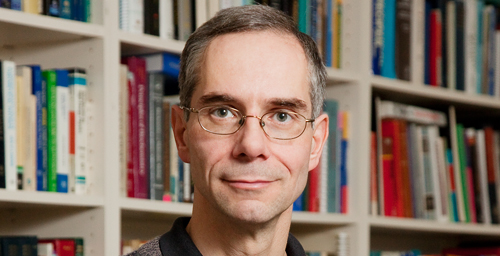
The world’s Largest Sharp Brain Virtual Experts Marketplace Just a click Away

Levels Tought:
Elementary,Middle School,High School,College,University,PHD
| Teaching Since: | Apr 2017 |
| Last Sign in: | 327 Weeks Ago, 4 Days Ago |
| Questions Answered: | 12843 |
| Tutorials Posted: | 12834 |
MBA, Ph.D in Management
Harvard university
Feb-1997 - Aug-2003
Professor
Strayer University
Jan-2007 - Present
Read the passage.
Utopia
The word utopia means “a perfect society,” and was coined by British author and statesman Sir Thomas More in 1516 as the title for his book that described an imaginary society of that type. Importantly, the word utopia is a combination of the Greek words for “not” and “place,” implying that a perfect society cannot exist. Many authors since More have imagined utopias, often in order to show readers how a better society might be created. However, it is usually understood by reader and author alike that in real life, no society can overcome all human flaws.
Some hopeful thinkers have decided to try the experiment in the real world. Numerous utopian communities were planned and built in the Americas during the 1600s to 1800s. Believers were recruited, farms and schools and dwellings were constructed, and groups of starry-eyed but courageous folk retreated to the countryside to try to change the world. Many of the communities were based in shared religious beliefs. Others strove to bring to life the ideals of political theories such as socialism.
One such community, New Harmony, Indiana, was founded in 1825 by a British manufacturer, Robert Owen, to foster cooperative living, rational thinking, and free public education. The colony soon failed, partly because it had attracted many residents who could not, or did not want to, work productively. However, it created the first kindergarten, the first trade school, and the first free library in the United States—ideas that spread and bore fruit throughout the land.
Another utopian experiment, Brook Farm, in Roxbury, Massachusetts, was a community of 70 to 80 intellectuals, crafts workers, and farmers who tried to create a simple life in which people working together raised their own food, cultivated their minds, and educated their children in a nurturing environment. The community lasted only a few years, from 1841 to 1847, but it inspired leading writers of the day to discuss how to make a better world.
The idea of utopia has appealed to people throughout the ages. In practice, however, perfection is found “no place.” Nevertheless, perhaps having an unreachable goal in mind may help society attain a more reachable goal that, while not perfect, is a step forward from what has gone before.
What is the central concept of this passage?

-----------